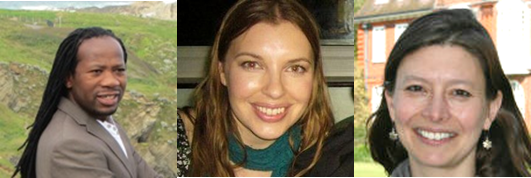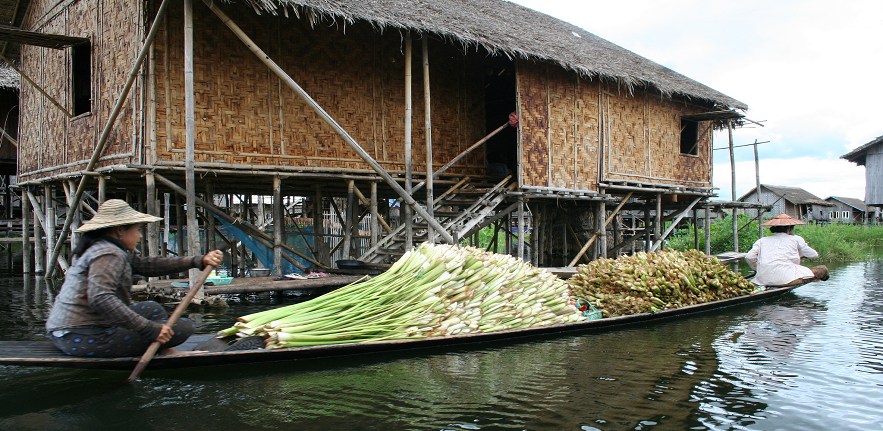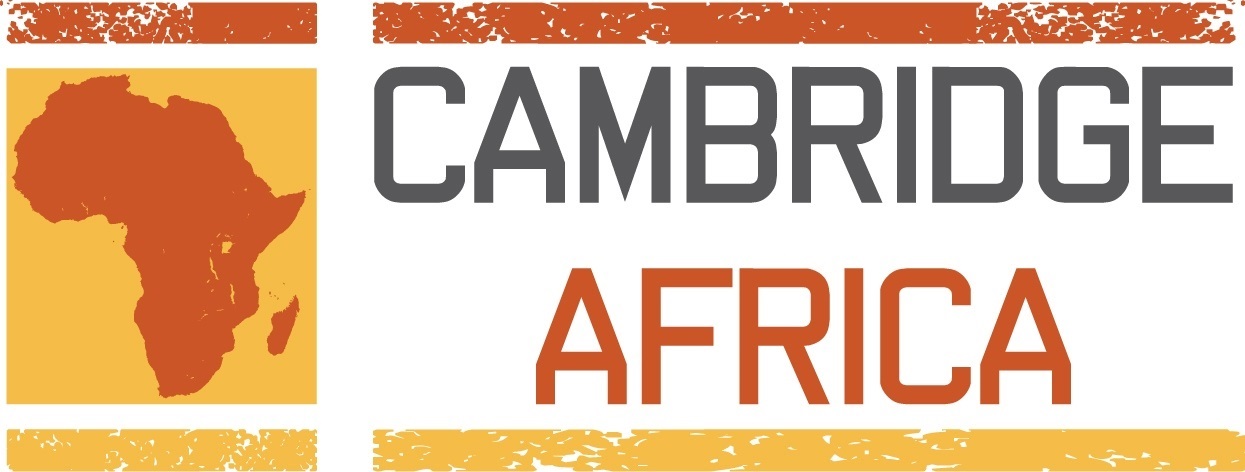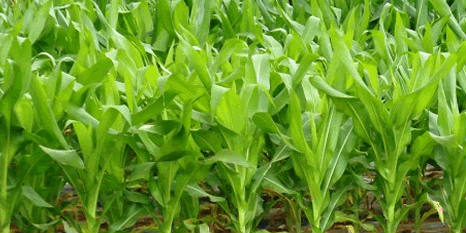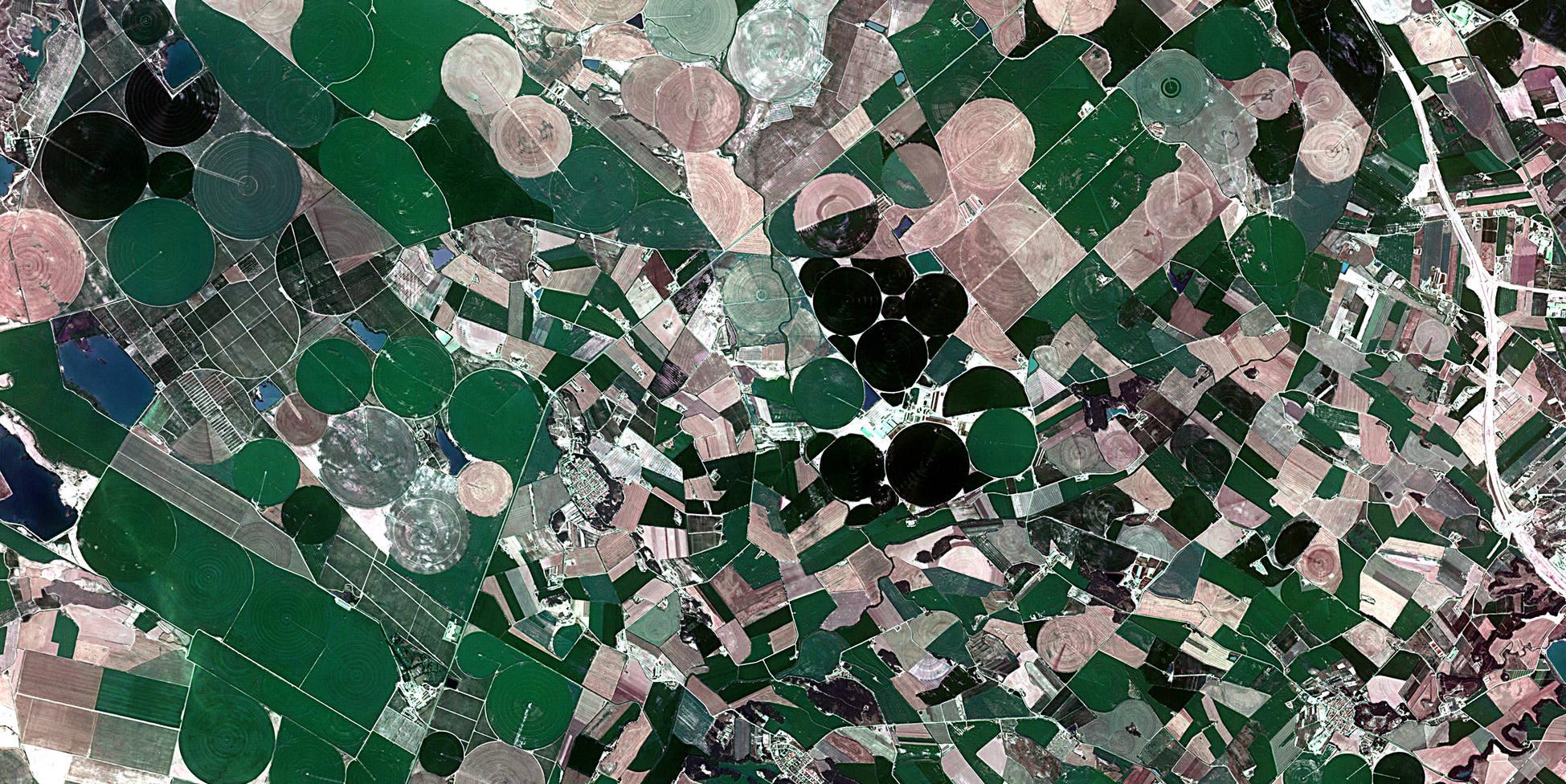
This year’s series has been focusing on the multiple uses of land for agriculture, ecosystem services and biodiversity, and how conflicts and trade-offs come into play with land-use decision making in the context of an ever-growing human population and climate change threat. A number of critical global trends and research areas have been identified and in May, we will explore some of them in greater depth for one specific region: East Africa.
Sub-Saharan Africa is a critical hotspot of hunger and under-nutrition, and also an area whose food security is expected to be impacted seriously by future climate change. At a pivotal moment for agriculture and food security in East Africa, this meeting will pick up themes from previous Forum meetings to explore questions related to the food security and future of agriculture, livelihoods and biodiversity conservation in the region.
We co-hosted this with the Global Food Security Initiative and the Cambridge-Africa Programme and you can find out more about them by following the links on the right.
On the panel of witnesses, Liz Watson from the Department of Geography will be joining Tinashe Chiurugwi, a Research Associate from the National Institute of Agricultural Botany (NIAB) and Alison Mollon, the Acting Head of the Africa and Madagascar Regional Programme at Fauna and Flora International.
Research gaps
Liz argued that the rush to provide new sustainability solutions often ignores the complex realities and needs of those on the ground as well as their values, capabilities and adaptability. As a result, technological ‘fixes’ are often mal-adapted to the socioeconomic and cultural context, and the theory on paper looks very different to what actually takes place on the ground. For example, some argue that we need to increase crop yields in Africa through new technologies and investment in infrastructure. However, increasing resilience, reducing risk and providing a stable, if lower, crop yield may be more important to local farmers and it is these characteristics that can often be found in indigenous farming methods/crops. Moreover, the expected outcomes of a system redesign can fall short of expectations and can have unexpected and unintended negative consequences. She ended by saying that indigenous communities are a valuable resource for food security and future research should both strengthen and support them.
Tinasche agreed and argued that there is a critical gap in understanding how to communicate solutions using existing institutions and communication systems. His work focuses on applying NIAB’s expertise and knowledge to an East African context and one of his greatest challenges is to provide mechanisms for farmers to access the information they need, including information about new seed varieties, which varieties best suit the conditions on their land, and sowing rates when using seed saved from the previous season. He argued that information services need to be developed to connect researchers with farmers and that this discussion needs to also involve actors further down the food value chain.
Alison argued that one of the main priorities for future research is to explore the potential for landscape planning approaches to resolve tensions between food and energy production and biodiversity conservation. This led her to ask: What are the most appropriate scales at which such planning should be undertaken? One key area within this is the food versus fuel issue, and in particular how to reduce the demand for charcoal – doing so would take an enormous pressure off biodiversity. Another is to develop greater understanding of how the changing physical interface and proximity between protected parks and inhabited areas affects the spread of zoonotic diseases and threats to human health.
Wicked problems and questions generated by the open discussion
There are often disconnects between discourses around competing demands for land and potential solutions – why are they so persistent, and what is the best way to build bridges between them?
Narratives, success stories and storylines can be as powerful as evidence and are important in raising people’s awareness of the value of natural resources. Focussing on genuine success stories in discussion and evaluation of progress was agreed to be an important part of catalysing change.
It is easy to hold conflicting ideas about the situations we are trying to intervene in without thinking about the bigger picture. In agricultural development we are aware of the need for increasing productivity of existing systems while reducing the environmental impact and preserving the systems' future capacity. In reality however, we do not always stop to think about what this means in practice and the effect it has on the people who live in those production landscapes. There is therefore a danger that sustainable intensification becomes a roof under which different disjointed (and sometimes contradictory) projects /activities are housed without much conversation between them – how can these be connected together?
References for background reading
Chiurugwi, T. & Buthler, S. 2014. Better seeds, better yields. Viewpoints: Africa’s future … can biosciences contribute?, an essay published online by BioSciences for Farming in Africa http://b4fa.org/viewpoints/
Srinivasan, S. & Watson, E.E. 2013. Climate change and human security in Africa. In: Handbook on climate change and human security (Ed. by M. Redclift & M. Grasso), pp. 305-333. Edward Elgar, Cheltenham, UK.
For more information about the Forum or this meeting, please contact Dr Rosamunde Almond (r.almond@damtp.cam.ac.uk)

